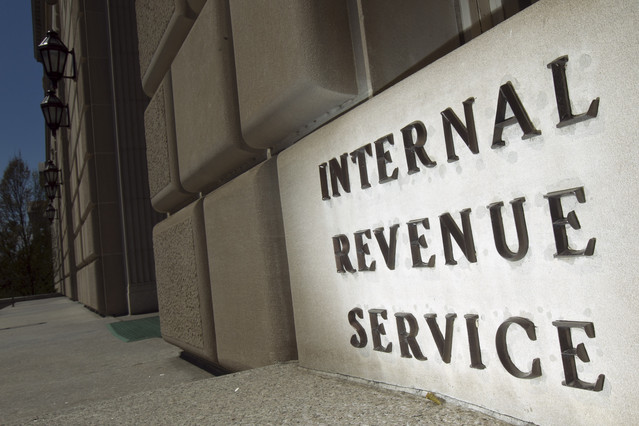The IRS is using nearly 70 additional filters for the 2023 tax-filing season to identify potential identity theft tax returns and prevent fraudulent refunds from being issued, and those extra fraud detection tools seem to be working well, according to the interim filing season report released by the Treasury Inspector General for Tax Administration on May 10.
For the 2023 filing season, the IRS is using 236 identity theft filters compared to the 168 filters it used during the 2022 tax season. These filters incorporate criteria based on characteristics of confirmed identity theft tax returns, including amounts claimed for income and withholding, filing requirements, prisoner status, taxpayer age, and filing history, according to TIGTA.
Tax returns identified by these filters are held during processing until the IRS can verify the taxpayer’s identity. If the individual’s identity cannot be confirmed, the IRS removes the tax return from processing to prevent a fraudulent refund from being issued.
As of March 2, the IRS said it identified nearly 1.1 million tax returns with refunds totaling approximately $6.3 billion for additional review as a result of the identity theft filters. This is slightly lower than the approximately 1.2 million tax returns with $6.5 billion in refunds the IRS flagged as potentially fraudulent as of March 3, 2022.
However, as of March 2 of this year, the IRS had confirmed 12,617 tax returns as fraudulent and prevented $105.3 million in fraudulent refunds from being issued, up from 9,626 fraudulent returns in early March of last year and a nearly 405% increase from the 2,499 confirmed fraudulent returns in early March 2021.
The IRS automatically issues an Identity Protection Personal Identification Number to confirmed identity theft victims if their case is resolved prior to the start of the next filing season. Taxpayers nationwide can also request an IP PIN directly from the IRS if they’re concerned their personal information has been stolen and want to protect their identity when filing a tax return. The IP PIN is known only to the taxpayer and the IRS and acts as an authentication number to validate the correct owner of the Social Security number or Individual Taxpayer Identification Number listed on that tax return.
The IRS said it issued 802,449 IP PINs to taxpayers as of March 4, according to TIGTA.
Thanks for reading CPA Practice Advisor!
Subscribe Already registered? Log In
Need more information? Read the FAQs




